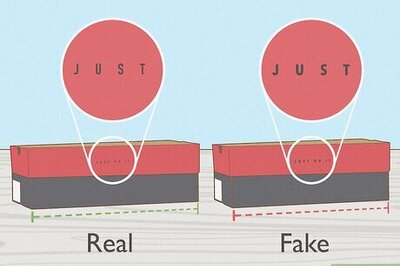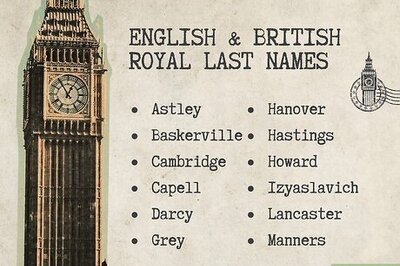
views
Jammu: Jammu and Kashmir Chief Minister Omar Abdullah on Friday distanced himself from the WikiLeaks cable emanating from the US Embassy in Delhi relating to alleged human rights violations in Kashmir in 2005 and indirectly blamed the then government led by opposition PDP.
"I am not getting into anything more than the fact that these transcripts or these leaks pertain to 2005. You can do your own maths as to what regime was in power at that time. All I am saying is that as far as this government is concerned we do not condone torture. We never have, we never will," the NC leader said.
In a rare briefing with the then US envoy to India, the International Committee of the Red Cross had in 2005 expressed concern over alleged human rights violations in Kashmir and spoke about torture in detention centres, though it pointed out that the situation was much better than in the 1990s.
"I think it's important first to put into perspective that this is a report carried by diplomats of the US Embassy based on what they might have heard from the Red Cross. Also it is important to understand that this pertains to the year 2005 and during the much-talked about healing touch regime.
"That having been said, I can only talk about this government both at the Centre and at the state. We are determined not to allow any sort of incidents of custodial torture or any sort of breach of law," he said.
Omar also dismissed a question on whether any investigation based on the WikiLeaks cable for the incidents in 2005 would be instituted.
"Well, unless there is something specific unfortunately we have nothing to investigate. It is, as I said, is based on a cable sent by the US Embassy to their own government in Washington. Unless there are specific instances where names are mentioned whether by Red Cross or by these WikiLeaks cables or individuals, there is nothing unfortunately for us to investigate," he said.
Omar also said that his government has always worked for transparency.
"In fact, in order to establish transparency, this is the first time that Amnesty International was allowed entry into Jammu and Kashmir. Whatever may be their findings, the fact is that we were clear in our minds that transparency is the best thing and we allowed them to come here and visit.
"Similarly, whether it is the National Human Rights Commission or the State Human Rights Commission neither have made any adverse findings against the state government. Wherever the reports come in, they are investigated and if necessary, action is taken," Omar said.



















Comments
0 comment